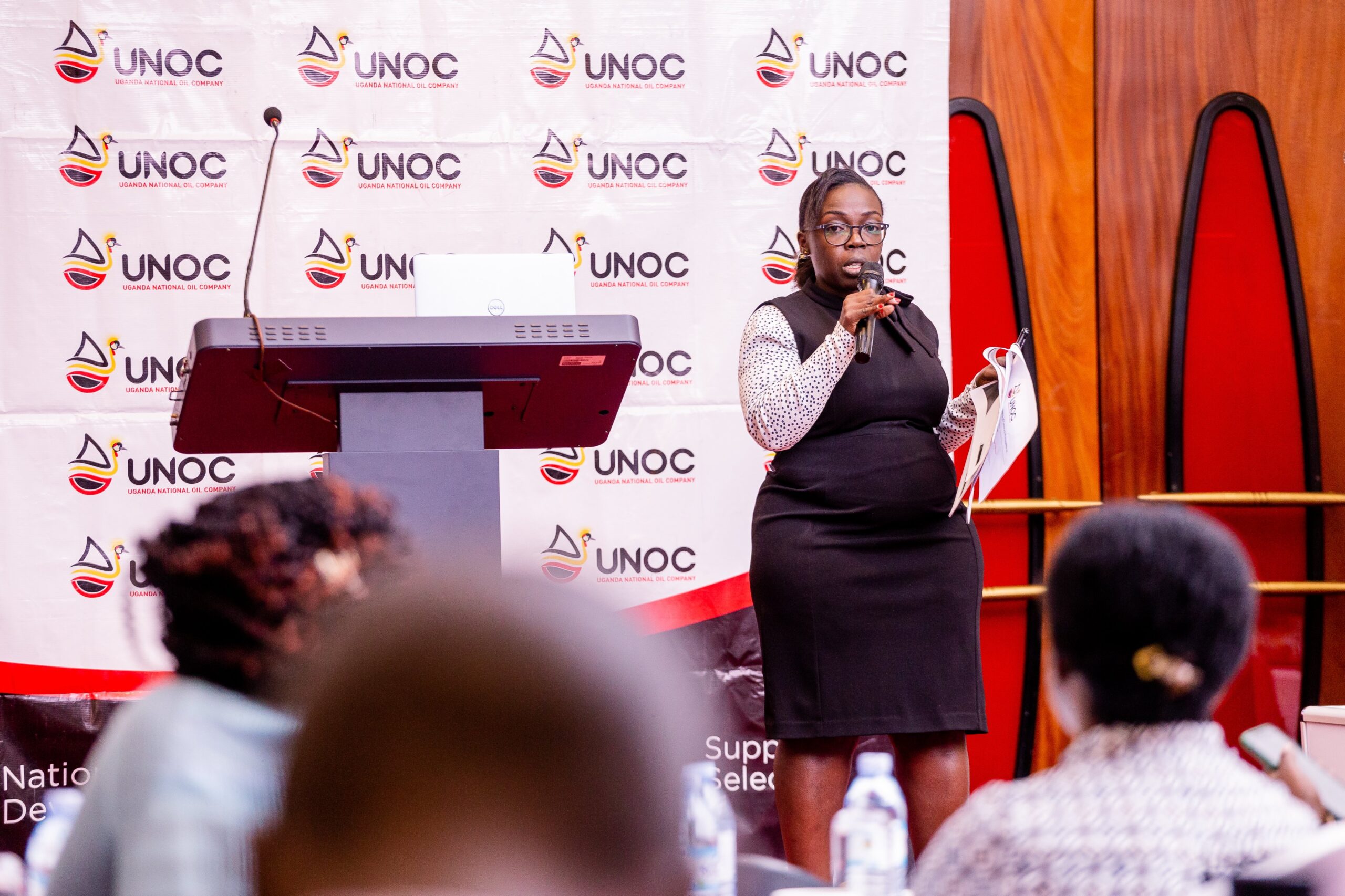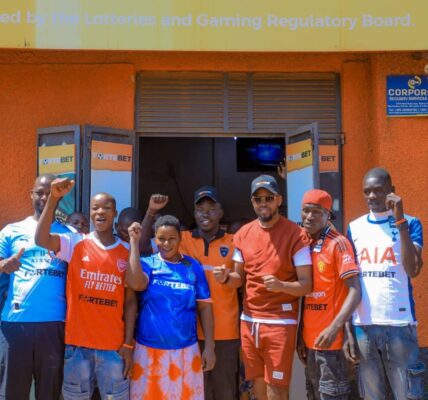The Uganda National Oil Company (Unoc) has begun the process of selling petroleum products to oil marketing companies in both Tanzania and Uganda. This step is part of a preliminary market test in anticipation of a larger direct import agreement with Vitol Bahrain. This marks a departure from Uganda’s long-standing reliance on Kenyan oil marketing companies for its fuel supply.
Unoc’s strategy involves offering these products in small quantities to subsidiaries within the two countries. The move comes ahead of a planned five-year deal with Vitol Bahrain, as Uganda seeks to reduce its dependence on intermediaries in Kenya, which it blames for high fuel prices following Kenya’s credit-based fuel import deal with Gulf oil majors.
Unoc, which has traditionally supplied fuel to government entities in Uganda, is now poised to extend its services to private oil marketing companies.
The upcoming deal with Vitol Bahrain, a major player in the global oil market with a stake in the Fujairah Refinery in the UAE, is expected to have significant implications for the region’s fuel supply chain. It could notably affect the revenues of the Kenya Pipeline Company (KPC), which currently handles the majority of Uganda’s petroleum imports.
Unoc’s initial plans to start importing under the new deal were delayed due to a licensing issue with Kenya. The Energy and Petroleum Regulatory Authority (Epra) declined to issue the necessary license, citing Unoc’s failure to meet certain regulatory requirements, including owning a licensed petroleum depot and operating at least five retail stations in Kenya.
This development reflects the dynamic nature of East Africa’s energy sector and the potential impact of new trade agreements on regional economic relationships.






